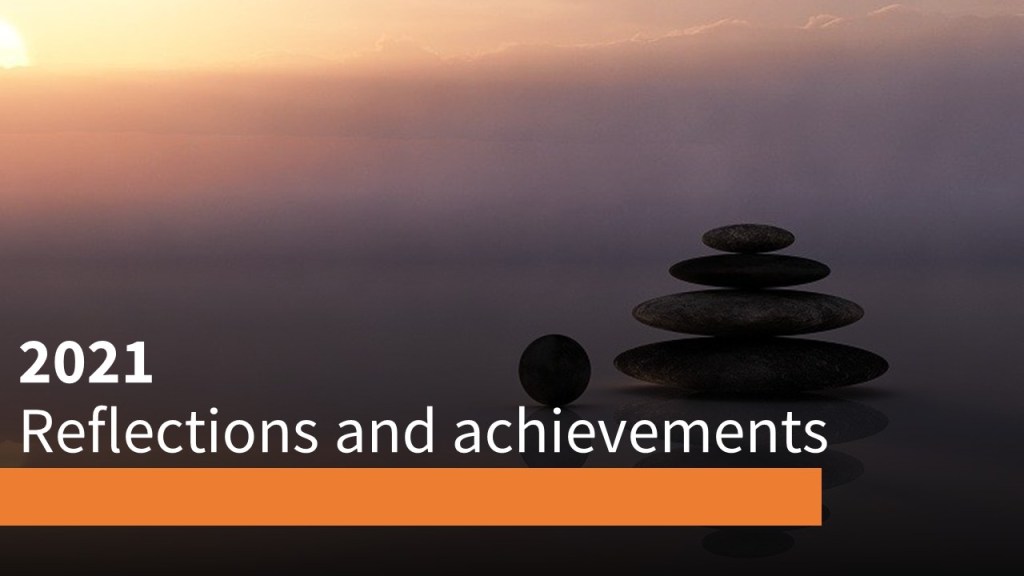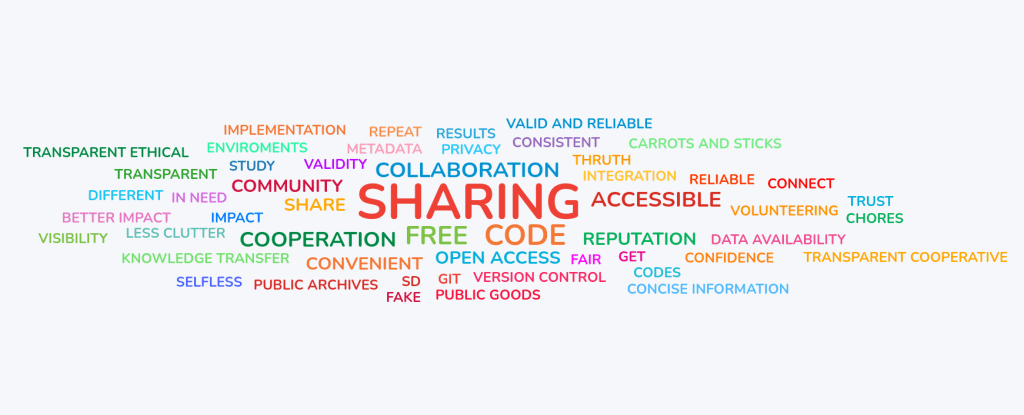Leon’s Swan Song

Leon Osinski has worked as a librarian at Eindhoven University of Technology for 32 years. Here, we celebrate his career success and long service as a founder member of 4TU.ResearchData as he begins his retirement.
Let’s rewind to 1988. The first famous cyber worm posed a major attack on the internet; initial discussions at CERN led to the invention of the World Wide Web; and, on the 1st of August, Leon Osinksi started his position as a librarian within the Faculty of Philosophy and Social Sciences at TU/e.

Leon’s early research career began with a master’s degree in Psychology at Radboud University.
“Jobs in the field of Psychology were difficult to find, so I invested in a further two-year library education at the University of Amsterdam.”
He continues, “I loved libraries and books. After six months of working as a librarian, I knew I would do it forever.”
Blast from the past! Leon started his role as Philosophy and Social Sciences
Faculty Librarian at TU/e in 1988 (photo TU/e).
The birth of the web
Leon has witnessed the extensive digital transformation of academic institutions brought about by the World Wide Web. “When I first joined the library, I could never have imagined the changes that were about to take place. The internet developments changed everything.”
He reflects on the uncertainty of that time. “Some of my colleagues were very apprehensive about these developments. I remember many debates about whether or not they would be good for the library.”
Yet, Leon’s personal thoughts on the subject have always been positive. He began writing articles about the internet in the library’s magazine, and delivered courses on the internet for faculty staff.
“The internet connected the world in a way that was not possible before,” says Leon. “The library became increasingly more digital. With the advent of new tools and services, that later became open access, the library became more than just a building for books and journals; it became a virtual hub for knowledge exchange between researchers around the world.”

The rise of the repository

In Leon’s opinion, one of the library’s greatest accomplishments since the internet has been the development of the OpenURL link resolver (SFX) and the creation of repositories for the sharing and long-term preservation of publications (e.g. OAI-PMH), and later for research data.
He believes that articles are not the fundamental unit of data sharing.
Leon in the Faculty Library of Industrial Design and
Innovation Sciences at TU/e in 2006.
“Data repositories are the best way to share data,” says Leon. “Datasets should be recognised as a primary research output, including those that are not linked to an article.”
The 4TU.ResearchData Consortium
First came the establishment of institutional repositories for publications, then came 4TU.ResearchData as a consortium initiative of three technical universities; TU Delft, TU/e and the University of Twente, for research data.
Leon explains the benefits of a cross-institutional infrastructure for data sharing. “The consortium brings partners together to work towards their common goal of making data FAIR within science, engineering and design disciplines.”
He adds, “Partners no longer have to work in isolation, but rather they can pool expertise and resources to solve problems together.”

Maarten van Bentum, from the University of Twente (right).
Leon believes in ‘strength in numbers’ when it comes to driving cultural change.
“As one of the largest data repositories of its kind in the Netherlands, 4TU.ResearchData offers a unique opportunity for community engagement. Through collaborative training opportunities and networking, it’s possible to raise awareness about the benefits of proper research data management and data sharing amongst a wider audience.”
No time to share?
Leon has been involved in promoting the use of the 4TU.ResearchData repository by TU/e researchers since its inception ten years ago. Whilst the advantages of sharing data have become clear to many over the past decade, common objections still exist…
- ‘My data are only of interest to me, so there’s no point in sharing it’,
- ‘I collect confidential data, so I can’t share it’… and
- ‘Archiving my data is laborious and time consuming, so I won’t share it’
…are just a few examples.
In Leon’s experience, the latter objection has always been the most prominent and challenging to overcome. How to convince a researcher to add data management tasks to their already burdensome workload?
…It’s like reading a book
Leon admits that making data available requires a new way of working that takes some time getting used to.
“Whether it’s writing a data management plan, making notes in a lab book, or getting to grips with metadata documentation, preparing to share data requires an initial investment of time and effort. You have to do it if you want to work together, and it saves time and effort in the long run.”
He compares embracing the culture change to reading a book that’s been recommended by a friend. “At first you’re not convinced that the book is interesting. You start reading but you’re wrestling with the book. Then, a few pages in you’re hooked and can’t put the book down.”
Whilst making the change can be daunting, Leon sees positive steps taken by early career researchers who show willingness to share their data from the outset. Perhaps, those researchers at the coalface who are in the thick of collecting and analysing data are the key to change.
As Leon’s chapter at 4TU.ResearchData comes to an end, his story continues.
Leon, thank you for sharing your ‘Swan Song’. We wish you all the best in your retirement… And, happy rowing!





